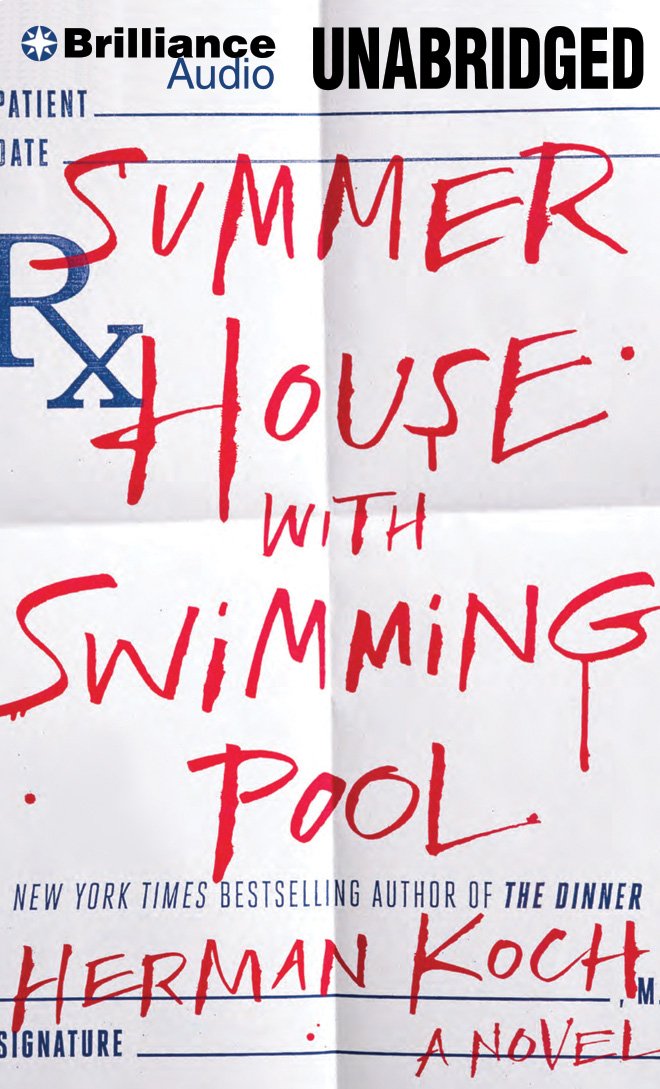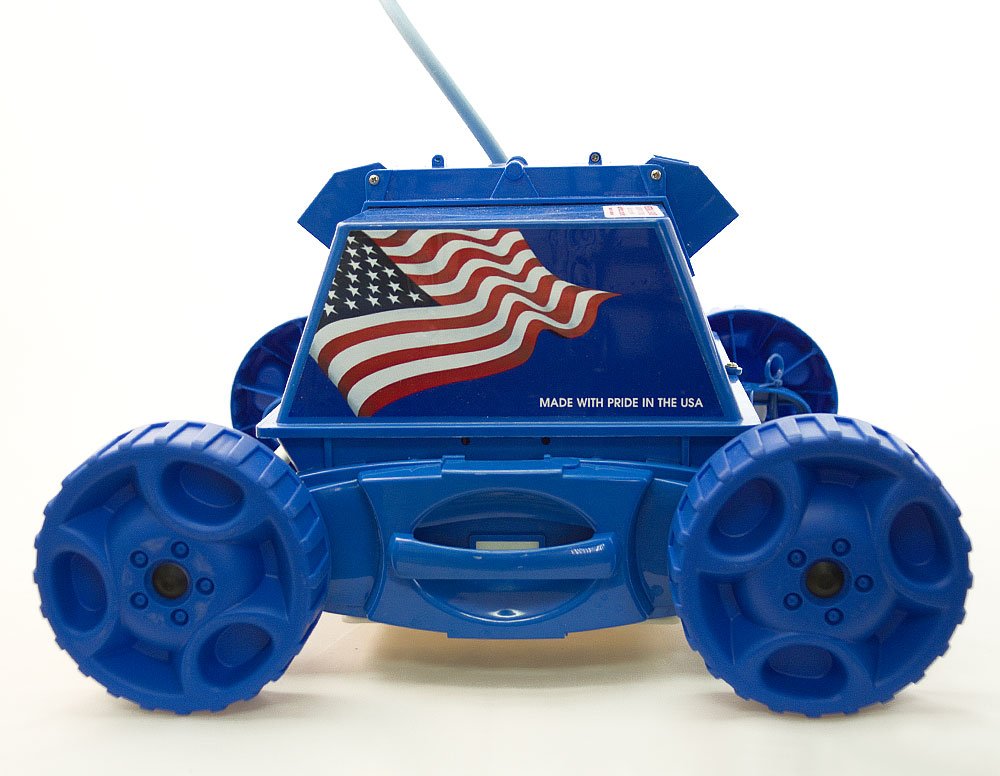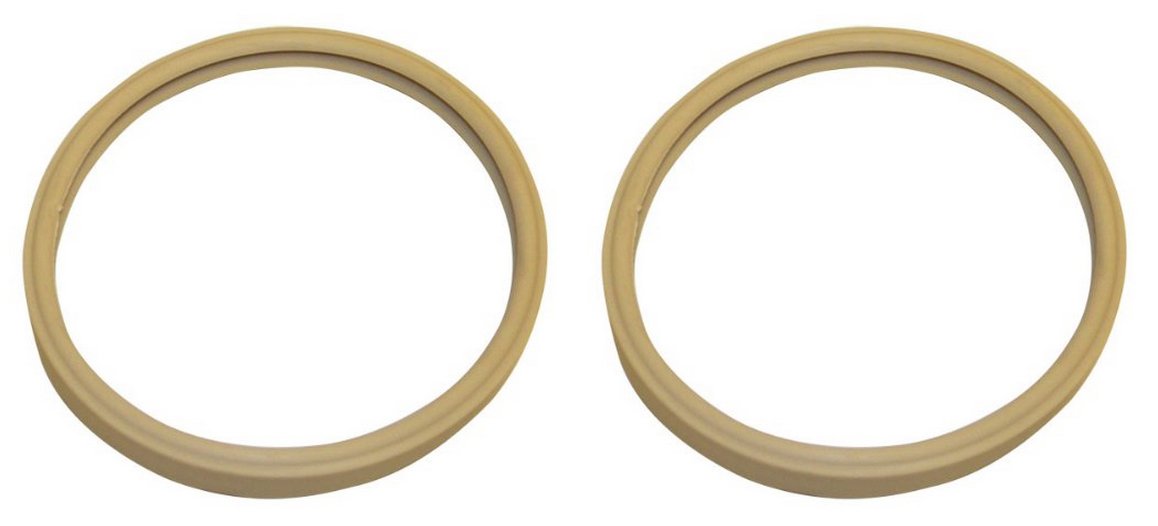A home inspection is a limited, non-invasive examination of the condition of a home, often in connection with the sale of that home. Home inspections are usually conducted by a home inspector who has the training and certifications to perform such inspections. The inspector prepares and delivers to the client a written report of findings. The client then uses the knowledge gained to make informed decisions about their pending real estate purchase. The home inspector describes the condition of the home at the time of inspection but does not guarantee future condition, efficiency, or life expectancy of systems or components.
A home inspector is sometimes confused with a real estate appraiser. A home inspector determines the condition of a structure, whereas an appraiser determines the value of a property. In the United States, although not all states or municipalities regulate home inspectors, there are various professional associations for home inspectors that provide education, training, and networking opportunities. A professional home inspection is an examination of the current condition of a house. It is not an inspection to verify compliance with appropriate codes; building inspection is a term often used for building code compliance inspections in the United States. A similar but more complicated inspection of commercial buildings is a property condition assessment. Home inspections identify problems but building diagnostics identifies solutions to the found problems and their predicted outcomes.

History
The first known home inspection company, Home Equity Loss Protection Services dba/H.E.L.P.S.(Glen Ellyn, IL), was originally founded by Christopher P. Nolan and Loyola Professor, Mark Goodfriend. Mr . Nolan was initially inspired by Coldwell Banker Realtor, Carole Kellby, a top producer from Wheaton, IL. He first trained DuPage County Deputy Sheriff, George Wick, as H.E.L.P.S. first official Home Inspector. Years later, the company was officially incorporated in the early 1980s by Jane Garvey, surviving wife of Professor Mark Goodfriend of Glen Ellyn, IL following its purchase from Christopher P. Nolan. As founder of the home inspection business and entrepreneur, Mr. Nolan was inspired to create a comprehensive system of home inspections. He found because as an investor of distressed real estate (then a nationally recognized real estate expert and speaker for Lowry Seminars) he realized a need to have skilled professionals inspect key areas of the home prior to his purchases in order to mitigate the risk of his investments.
Buying A House With A Pool Video
North America
In Canada and the United States, a contract to purchase a house may include a contingency that the contract is not valid until the buyer, through a home inspector or other agents, has had an opportunity to verify the condition of the property. In many states and provinces, home inspectors are required to be licensed, but in some states the profession is not regulated. Typical requirements for obtaining a license are the completion of an approved training course and/or a successful examination by the state's licensing board. Several states and provinces also require inspectors to periodically obtain continuing education credits in order to renew their licenses.
In May 2001, Massachusetts became the first state to recognize the potential conflict of interest when real estate agents selling a home also refer or recommend the home inspector to the potential buyer. As a result the real estate licensing law in Massachusetts was amended to prohibit listing real estate agents from directly referring home inspectors. The law also prohibits listing agents from giving out a "short" name list of inspectors. The only list that can be given out is the complete list of all licensed home inspectors in the state.
Ancillary services such as inspections for wood destroying insects, radon testing, septic tank inspections, water quality, mold, (or excessive moisture which may lead to mold), and private well inspections are sometimes a part of home inspector's services if duly qualified.
In many provinces and states, the practical standards for home inspectors are those enacted by professional associations, such as, worldwide, the International Association of Certified Home Inspectors (InterNACHI); in the United States, the American Society of Home Inspectors (ASHI), and the National Association of Home Inspectors (NAHI); and, in Canada, the Canadian Association of Home and Property Inspectors (CAHPI) and the Professional Home & Property Inspectors of Canada (PHPIC).
Currently, more than thirty U.S. states regulate the home inspection industry in some form.

United Kingdom
A home inspector in the United Kingdom (or more precisely in England and Wales), was an inspector certified to carry out the Home Condition Reports that, it was originally anticipated would be included in the Home Information Pack.
On July 18, 2006, the Government announced the postponement of compulsory Home Condition Reports, which had been due to become part of the Home Information Packs on 1 June 2007, leaving the future for the inspectors somewhat uncertain.
Home inspectors were required to complete the ABBE Diploma in Home Inspection to show they meet the standards set out for NVQ/VRQ competence based assessment (Level 4). The government had suggested that between 7,500 and 8,000 qualified and licensed home inspectors would be needed to meet the annual demand of nearly 2,000,000 home information packs. In the event, many more than this entered training resulting in a massive over supply of potential inspectors.
With the cancellation of Home Information Packs by the coalition Government in 2010, the role of Home Inspector became permanently redundant.

Home inspection standards and exclusions
Inspectors will check the roof, basement, heating system, water heater, air-conditioning system, structure, plumbing, electrical, and many other aspects of buildings. They look for improper building practices, those items that require extensive repairs, items that are general maintenance issues, as well as some fire and safety issues. However, a home inspection is not technically exhaustive and does not imply that every defect will be discovered. Some inspection companies offer 90-day limited warranties to protect clients from unexpected mechanical and structural failures; otherwise, inspectors are not responsible for future failures. A general inspection standard for buildings other than residential homes can be found at the National Academy of Building Inspection Engineers. Home inspector "standards of practice" serve as a minimum level of care required by the various associations mentioned; many inspectors exceed these standards within their basic inspection or offer additional services such as inspecting pools, sprinkler systems, checking radon levels, and inspecting for wood destroying organisms.

Types of inspections
Home buyers inspection
Buyers inspections are the most common type of inspection in the United States. The persons purchasing the property hire an inspector to help identify major defects and other problems so they can make an informed decision about the building's condition and the expense of related repairs.
Home sellers inspection
A homeowner who is selling their house hires an inspector to identify problems with their house. The seller can elect to share the report with any potential buyers or to make any necessary repairs so the house is known to be in good condition encouraging a quick sale. One home inspector's organization offers a program which helps market a house as "Move-In Certified", that is the house is in a condition where the new owners can promptly move in without making substantial repairs.
Foreclosure inspection
Foreclosure inspections are often referred to as REO (Real Estate Owned) inspections. Professional home inspectors are qualified to do these, but there are other inspectors that also do only minimal foreclosure inspections: Certified Field Inspectors and the Certified Property Preservation Specialist. These inspectors may or may not be qualified to do state licensed home inspections.
Four point inspection
Insurance companies sometimes require an inspection of a houses roof and the HVAC, electrical and plumbing systems before providing homeowners insurance. The name four point inspection derives from the four areas of interest.
Disaster inspection
A disaster inspection occurs after a natural disaster such as a hurricane, earthquake or tornado in which a large numbers of buildings may have been damaged. In the United States the Federal Emergency Management Agency (FEMA) prepares for and coordinates large scale disaster relief efforts including the inspection of damaged buildings. Disaster inspectors document conditions of buildings for government disaster relief payments.
Section 8 inspection
In the United States the federal and state governments provide housing subsidies to low income people through a program often known as Section 8. The government expects that the housing will be "fit for habitation" so a Section 8 inspection identifies compliance with HUD's Housing Quality Standards (HQS).
Pre-delivery inspection
The pre-delivery inspection, which generally applies to newly built homes, is a real estate term that means the buyer has the option (or requirement, depending upon how the real estate contract is written) to inspect the property prior to closing or settlement. These inspections generally take place up to a week before a closing, and they generally allow buyers the first opportunity to inspect their new home. Additionally, the inspection is to ensure that all terms of the contract have been met, that the home is substantially completed, and that major items are in working order.
Along with a representative of the builder (generally the construction supervisor or foreman), the buyers may be accompanied by a home inspector of their choice. Any noted defects are added to a punch list for completion prior to closing. Often a second inspection is conducted to ensure that the defects have been corrected.
Many local governments within the United States and Canada require that new-home builders provide a home warranty for a limited period, and this typically results in home builders conducting a pre-delivery inspection with the buyer.
In a resale situation, this type of inspection is often termed the final walk-through, and, based on the contract's provisions, it allows the buyer the opportunity to inspect the home prior to closing to ensure that agreed-upon repairs or improvements have been completed.
A better inspection for a newly built home is to inspect the home during the stages it is being constructed. The typical inspection stages include: foundation pour, structure, pre-drywall, insulation, and final. Important issues such as structural support, duct routing, and plumbing can not be completely inspected after the drywall or attic insulation is installed.
Eleventh month inspection
In the United States, some states require a builder to warranty a new house for one year. An 11th month inspection is an inspection of the new home before the warranty ends to discover any defects requiring warranty service.
Structural inspection
Structural inspections report on the foundation and supporting elements of a home. When performing a structure inspection, the home inspector will look for a variety of distress indications that may result in repair or further evaluation recommendations.
In the State of New York, only a Licensed Professional Engineer or a Registered Architect can render professional opinions as to the sufficiency structural elements of a home or building. (Municipal building officials can also make this determination, but they are not performing home inspections at the time they are rendering this opinion). Municipal officials are also not required to look out for the best interest of the buyer. Some other states may have similar provisions in their licensing laws. Someone who is not a Licensed Professional Engineer or a Registered Architect can describe the condition of structural elements (cracked framing, sagged beams/roof, severe rot or insect damage, etc.), but they are not permitted to render a professional opinion as to how the condition has affected the structural soundness of the building.
Plumbing inspection
During a home inspection, a home inspector will carry out a visual observation and general operation of the plumbing system. The inspection will consider readily accessible pipes, fixtures and components, while noting recognized adverse and material defects present at the time of inspection. Minor defects may be also reported. The inspection typically reviews the visible water supply and waste removal sewage system. Furthermore, a plumbing inspection often involves a closer observation than just the outside, especially in the case of galvanized pipes, which may not appear to be have defects superficially.
Water flow performance is judged by running water through the pipes and sewage systems in normal modes and in a representative manner. The water heater is usually inspected for heating of the water and safe operation which may include venting (gas/oil/butane models) and the temperature and pressure relief valve. Water heater types include storage tank and on-demand systems using a variety of energy sources (typically electric or gas).
Most homes obtain water supply from a city, nearby town, cooperative or private source. Water may be obtained from a lake, river, reservoir, or well. If the source of water happens to be private or non-approved, the home inspector should recommend the client opt for an expert to evaluate the integrity of the water supply. Testing private wells for contaminates is important. Ideally the inspection intends to reduce risk for the buyer by reporting observed material defects. A defect may be a repair, maintenance or improvement consideration with or without a safety association.
Heating ventilation and air conditioning (HVAC) inspection
A heating ventilation and air conditioning (HVAC) home inspection reviews the heating and cooling system of a home from a performance perspective. The inspection usually does not inspect or compare to codes or manufacturer requirements. Heating is provided typically by a forced air furnace distributed by duct work or a water/steam boiler using radiators or convectors, but space heaters, heat pumps and other methods are also in use. The energy source is usually natural gas, fuel oil, or electric, but other sources include butane, wood and Geo-thermal. Cooling can be described as a split system, packaged unit, fan coil, heat pump, an evaporative cooler, or window/through-the-wall a/c unit.
A typical inspection will carry out a visual observation and operation of the HVAC system. The inspection will consider visible and readily accessible components, while noting recognized adverse and material defects present at the time of inspection. The inspection does not usually disassemble the equipment. The home inspection report may include a description of the system by its key components. Ideally the inspection intends to reduce risk for the buyer by reporting observed material defects. A defect may be a repair, maintenance or improvement consideration with or without a safety association. An optional statement on perceived useful remaining life may be provided.
Thermal imaging Inspection
A thermal imaging inspection using an infrared camera can provide inspectors with information on structural heat loss, moisture leaks, and overheat conditions on electrical wiring that are not normally visible to the naked eye.
Pool and spa inspection
Swimming pools and spas are often excluded from a general home inspection because they require special training and take more time to inspect and report.
Are You Looking for Products
Here some products related to "Home Inspection".
Summer House with Swimmin..
Amazon.com : Aquabot APRV..
Amazon.com : Lens Gasket ..
Amazon.com : Polaris 9300..
Get these at Amazon.com* amzn.to is official short URL for Amazon.com, provided by Bitly
Source of the article : here






EmoticonEmoticon